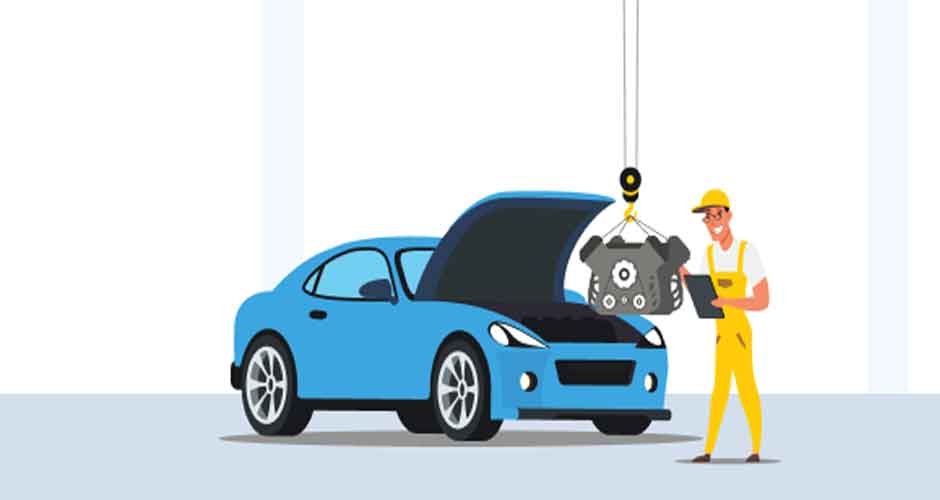Many modifications are available to personalize your car to suit every taste and need. From souped-up engines to flashy paint jobs, vehicle modifications offer a way to express individuality and enhance performance. However, it’s essential to understand that these alterations can have a massive impact on your vehicle premiums.
A car insurance premium plays a vital role in ensuring the safety of your vehicle. Whether you’re considering a flashy new spoiler, upgraded rims, or a powerful engine enhancement, it’s essential to understand how these can impact your car insurance rates. This article looks into the relationship between vehicle modifications and insurance costs and what you can do to navigate this aspect of car ownership.
Essence of Vehicle Insurance
Before examining the impact of vehicle modifications, let’s first understand what car insurance entails. Insurance premiums are the amount you pay to your insurer for coverage. These are determined based on numerous factors, including your driving record, age, location, and vehicle type. Additionally, insurers assess the risk associated with insuring your vehicle. This can be influenced by factors such as the car’s make and model, safety features, and any modifications.
Role of Vehicle Modifications
Vehicle modifications can range from cosmetic enhancements to performance upgrades. While these modifications can enhance your vehicle’s performance, they can also affect its insurability and premiums. Insurers view modifications as alterations to the vehicle’s original specifications, which can increase the risk of accidents or theft.
Impact on Premiums
When you modify your vehicle, you must notify your insurer to ensure adequate coverage. Failure to disclose modifications can result in denied claims or even policy cancellation. Additionally, specific changes can lead to higher premiums due to increased risk.
Performance Enhancements
Upgrading your vehicle’s engine or installing performance-enhancing modifications can significantly impact your insurance. While these modifications may improve your car’s speed and performance, they also increase the risk of accidents. Insurers may view high-performance vehicles as more likely to be involved in accidents, leading to higher premiums to offset this risk.
Cosmetic Modifications
Cosmetic modifications like custom paint jobs, aftermarket body kits, or tinted windows can also affect your premiums. While these changes may not directly impact your car’s performance, they can still increase its attractiveness to thieves or vandals. As a result, insurers may raise premiums to account for the heightened risk of theft or damage.
Safety and Security Features
On the other hand, certain modifications aimed at improving safety and security can lower your insurance. Installing anti-theft devices, like alarm systems or tracking devices, can reduce theft, making your vehicle less risky to insure. Similarly, adding safety features such as backup cameras or lane departure warning systems can mitigate the risk of accidents, leading to lower premiums.
Consult with Your Insurer
Before making any modifications to your vehicle, it’s essential to consult with your insurer to understand how they will affect your insurance. Your insurer can provide valuable insights into which modifications may increase or decrease your premiums and help you make informed decisions.
Vehicle modifications can have a massive impact on your car insurance premium. While performance enhancements and cosmetic changes may enhance your driving experience, they can also lead to higher premiums due to increased risk. Safety and security features can lower your insurance by lowering the danger of accidents or theft. Ultimately, weighing the pros and cons of any modifications is essential. Remember to consult with your insurer to ensure that you have proper coverage at an affordable price.


Comments are closed.